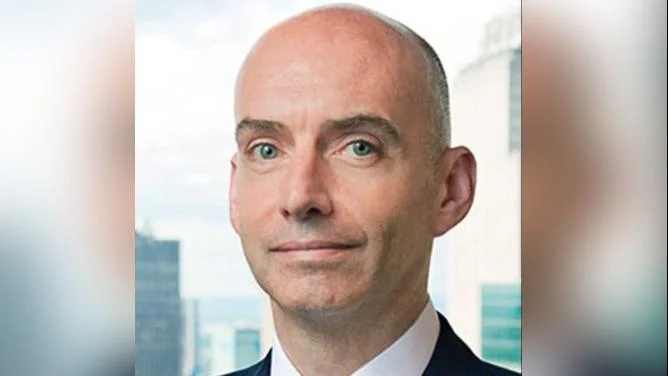JPMorganChase has unveiled a new corporate responsibility strategy to enhance financial health and economic growth in U.S. communities, particularly focusing on low- and moderate-income (LMI) populations. This initiative aims to advance financial wellness for underserved LMI communities through engagements across philanthropic efforts, impact finance capital, policy advocacy, research, and community partnerships.
Tim Berry, Global Head of Corporate Responsibility for JPMorganChase, stated: “Supporting financial health is at the core of what we do.” He highlighted that over $100 million in philanthropic and impact finance capital has been deployed over the past three years to catalyze innovation and impact. These commitments have reached over 8 million individuals.
The announcement was made at the EMERGE Financial Health Conference in San Diego, where JPMorganChase released lessons learned from its previous investments. The report titled "Advancing Financial Health for Americans" details business successes such as increased market share and improved credit scores in historically underserved communities.
Mercedeh Mortazavi, Head of Financial Health at JPMorganChase's Global Philanthropy division, emphasized the importance of human-centered design paired with technology to drive large-scale impact. She noted that tailored products and services create significant benefits for both individuals and businesses.
The strategy focuses on three phases: building financial stability for managing day-to-day finances; supporting resilience against unexpected expenses; and creating wealth to plan for future needs like retirement while protecting assets.
Jennifer Roberts, CEO of Chase Consumer Banking, remarked: “Thriving communities start with financial empowerment.” She added that their strategy aims to unlock opportunities by focusing on stability, resilience, and wealth creation to help individuals achieve their financial goals.

